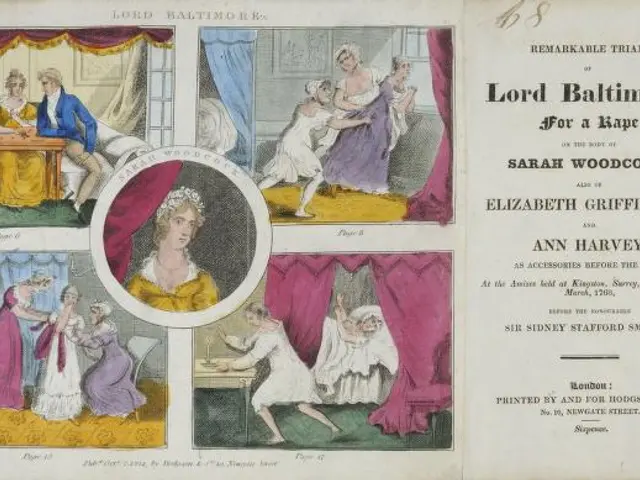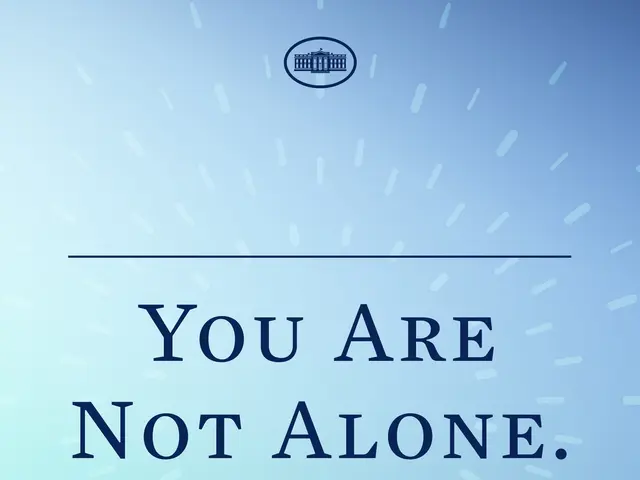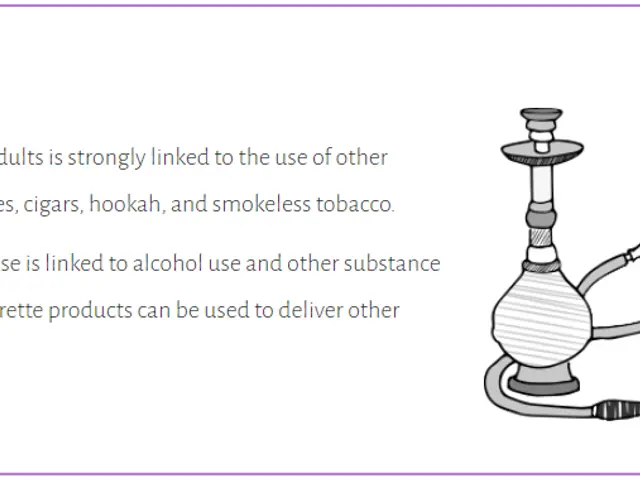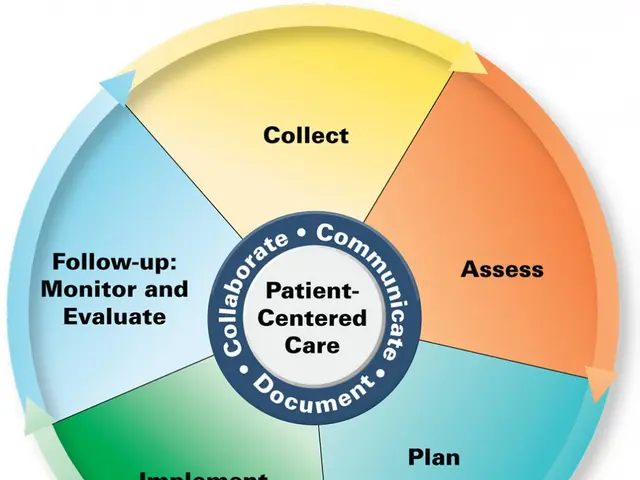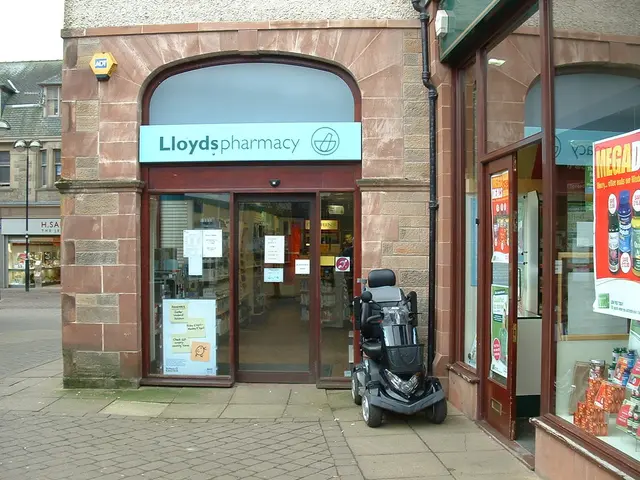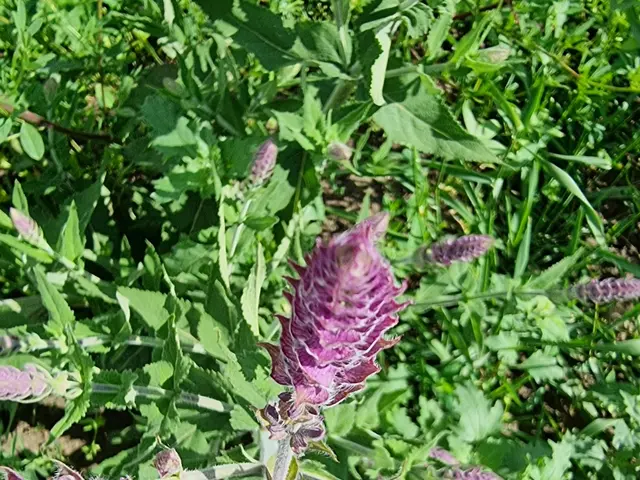Increase in Poison Control Inquiries Observed Due to Rising Use of Psilocybin
Psychedelic Use Skyrockets Across America
The use of magic mushrooms, or psilocybin, has experienced an explosive increase in the United States, particularly among adolescents and older adults. A recent study revealed a startling spike in its consumption.
"The widespread use of psilocybin in 2023 has massively escalated over the past five years since state regulations eased in 2019," said Dr. Andrew Monte, a professor of emergency medicine at the University of Colorado Anschutz Medical Campus in Aurora and co-author of the study.
The study, published in the Annals of Internal Medicine, noted a 2.4% increase in psilocybin usage among high school seniors in 2023, representing a staggering 53% hike over five years. While the research only covers official data up to 2023, ongoing data collection for 2024 indicates a continued rise in consumption.
Remarkably, psilocybin usage among adults outpaced that of cocaine, illicit opioids, methamphetamine, and LSD (lysergic acid diethylamide) in 2023, according to the study findings. Since 2019, this increase amounted to a whopping 188% among adults aged 30 and over and 44% among 18–29-year-olds.
The research also highlighted that individuals with mental health or chronic pain conditions are more likely to use psilocybin, adding to the concerning trend. Moreover, the study points to a significant increase in calls to poison control centers, especially among U.S. adults aged 30 and older.
"As psilocybin proliferates in the community, adverse events will inevitably rise since people are rarely utilizing it in a controlled setting, such as a clinical trial—the only setting in which we have study data on its benefits," said Monte, who is also the chief scientific officer and medical director at the Rocky Mountain Poison & Drug Safety in Denver.
Clinical trials have suggested that psychedelics could offer benefits for treating depression, anxiety, substance use, and post-traumatic stress disorder. However, these powerful substances can profoundly alter consciousness, and their use should be carefully regulated outside of clinical trials to mitigate the potential risks.
"Outside of the guardrails of a clinical setting, the risk of adverse psychological reactions, particularly in younger users without adequate support, escalates significantly," cautioned Dr. Petros Petridis, a clinical assistant professor of psychiatry at NYU Grossman School of Medicine in New York City.
Psilocybin may lead to hallucinations, causing users to become agitated and potentially harm themselves or others. It can also cause heart racing, posing risks for individuals with cardiovascular disease, and interact with medications such as antidepressants.
"I can't stress enough the importance of planning before you trip," Monte advised. "You must have a safe place and a trusted companion nearby in case you experience a negative reaction, which unfortunately does occur."
The dangers of unsupervised psychedelic use cannot be overstated, experts warn, as a study from March linked bad trips to a more than twofold increased risk of death within five years, with suicide being the most common reason for early deaths.
It is estimated that one in 20 people report ongoing difficulties after their psychedelic experience, which could lead to functional impairments, family alienation, or post-traumatic stress disorder. However, it remains unclear whether these issues are directly related to the psychedelic experience or to underlying factors that contributed to the experience in the first place.
Help is available for individuals struggling with suicidal thoughts or mental health matters. In the United States, the Suicide & Crisis Lifeline can be reached by calling or texting 988, and international resources can be found through the International Association for Suicide Prevention and Befrienders Worldwide.
The study analyzed data from five national drug surveys, revealing that psilocybin use was relatively stable before its decriminalization in Denver in May 2019. However, lifetime use among the US population increased from 10% to 12.1% between 2019 and 2023, impacting approximately 31.3 million people as state and local governments relax restrictions.
As more states consider decriminalizing or legalizing psilocybin, understanding the potential risks and benefits becomes increasingly crucial to ensure safe and responsible use.
Stay informed about matters that matter to you. Subscribe to CNN's Living Well newsletter to receive helpful tips and resources for improving your well-being.
- The use of psilocybin, a psychedelic often found in magic mushrooms, has surged in the United States, particularly among adolescents and older adults, with a 2.4% increase in high school seniors and an 188% rise among adults aged 30 and over.
- While some clinical trials suggest benefits for mental health and wellness, such as treating depression, anxiety, substance use, and post-traumatic stress disorder, psilocybin can lead to adverse events like hallucinations, heart racing, and interactions with medications.
- The research indicates that individuals with mental health or chronic pain conditions are more likely to use psilocybin, underscoring the concerning trend and the need for responsible use.
- Essential steps for safe psilocybin use include having a safe place, a trusted companion, and being aware of potential risks, such as adverse psychological reactions and interactions with cardiovascular disease or medications like antidepressants.
- As more states consider decriminalizing or legalizing psilocybin, it is crucial to understand both its potential benefits and risks to ensure safe and responsible use, especially considering the rise in adverse events associated with unsupervised use.


